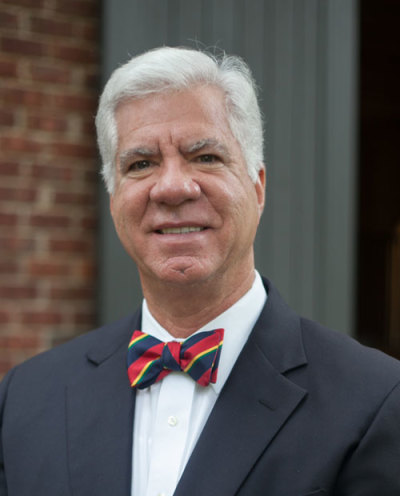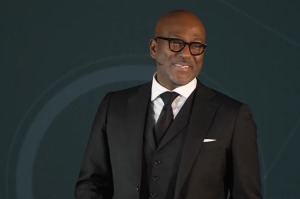Philadelphia's Finest Need to Set a Better Example

A recent post on Reason.com's "Hit and Run" blog tells a disturbing tale of law enforcement run amok in Philadelphia. According to data collected by the freedom of information advocacy site, MuckRock.com, the city has paid out $40 million in losses and settlements in the last five years. The lion's share of these awards resulted from lawsuits involving misconduct such as excessive force, wrongful death, and illegal searches.
Clearly, something has gone awry in the City of Brotherly Love. That so many police officers cannot be trusted to exercise their authority with integrity and discretion indicates a serious failure of both leadership and individual character. A police department with such massive problems cannot possibly be effective and most certainly cannot be trusted, and is emblematic of a nation that is quickly losing faith in its institutions.
Human beings are hardwired to place their trust in authority figures. Kids instinctively look to their parents for their safety, security, and well being. Civil society expects these things from government. We empower law enforcement and military for precisely these purposes, and when we see a police officer or soldier in uniform we assume that this individual is one of the good guys, a person of honor and integrity who is committed to protecting the "public weal".
When such an individual betrays or abuses his office, the impact upon the public trust can be devastating. This is particularly true for vulnerable communities and demographics like those found in high-density urban centers. It is often the case that there exists a certain level of antagonism towards law enforcement in these communities. Gang activity, drugs, and domestic violence are more prevalent here and thus there is always a reason for the police to be around. Consequently, people in these neighborhoods feel as though the police are always looking for a reason to arrest someone, always assuming that someone is up to no good, and tensions naturally run high. However, this is not the same as the poisonous atmosphere that results from a community knowing that local law enforcement cannot be trusted to conduct itself ethically. The shooting death of Michael Brown and the ensuing civil unrest in Ferguson, MO, is an example of the kind of chaos and controversy that results when the public at large loses confidence in law enforcement. The public needs to feel that, at the end of the day, the boys in blue are the good guys. That they can be trusted to do what's right and what's fair. That they won't abuse their considerable power over us. When this trust is lost, even legitimate uses of force are viewed with suspicion and skepticism, and this leads to further conflict between the people and their police.
Philadelphia's example illustrates the importance of the civil justice system as a check against these kinds of abuses. Thankfully America's founders had a keen appreciation for human frailty. They knew that no institution or man is completely immune to the siren songs of power and avarice. Hence our governmental system of checks and balances, and our codified doctrine of basic rights. If a person or institution vested with legal power betrays the public trust, there is recourse in the courts, where every person has equal standing before the law. History is rife with horrific examples of what happens when governments and the men who comprise them are immunized from accountability.
In addition to a robust civil justice system, strong leadership is a critical component to the effective and ethical functioning of government. Unfortunately, the lack thereof was not something that our Founders could immunize us against. Bad leadership will sour even the best institutions. When people are not provided with a good example and are not motivated to do the right thing, morale suffers. People become complacent and lose sight of their mission. They become content with mediocrity, or worse.
In short, the embarrassing example of Philadelphia and the cancer it represents is symptomatic of failed leadership. I am confident, however, that if the American people make it a priority to refocus our attention on living lives of integrity and responsibility, and electing officials that embody these principles, our civil institutions can once again realize their full potential and shine as an example to the rest of the world. If we don't do this, then we'll continue to witness scenes like the one in Ferguson, and cities like Philadelphia will continue paying out large damage awards to wronged citizens.




























